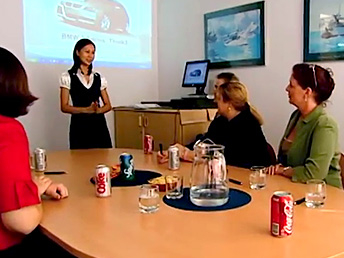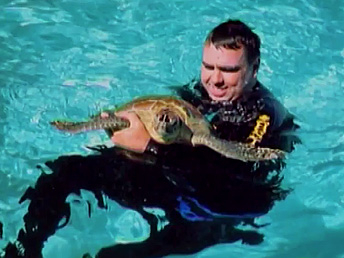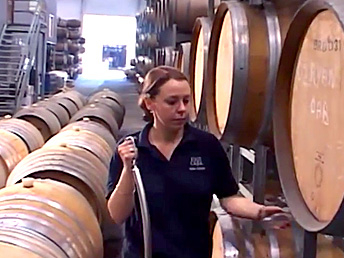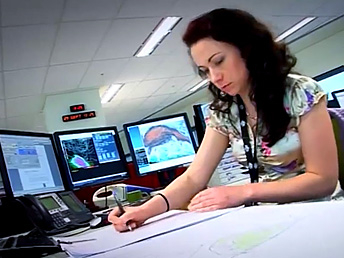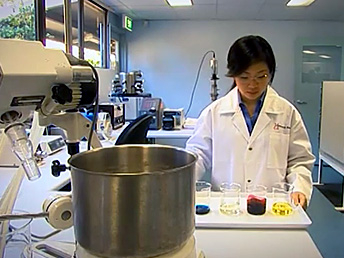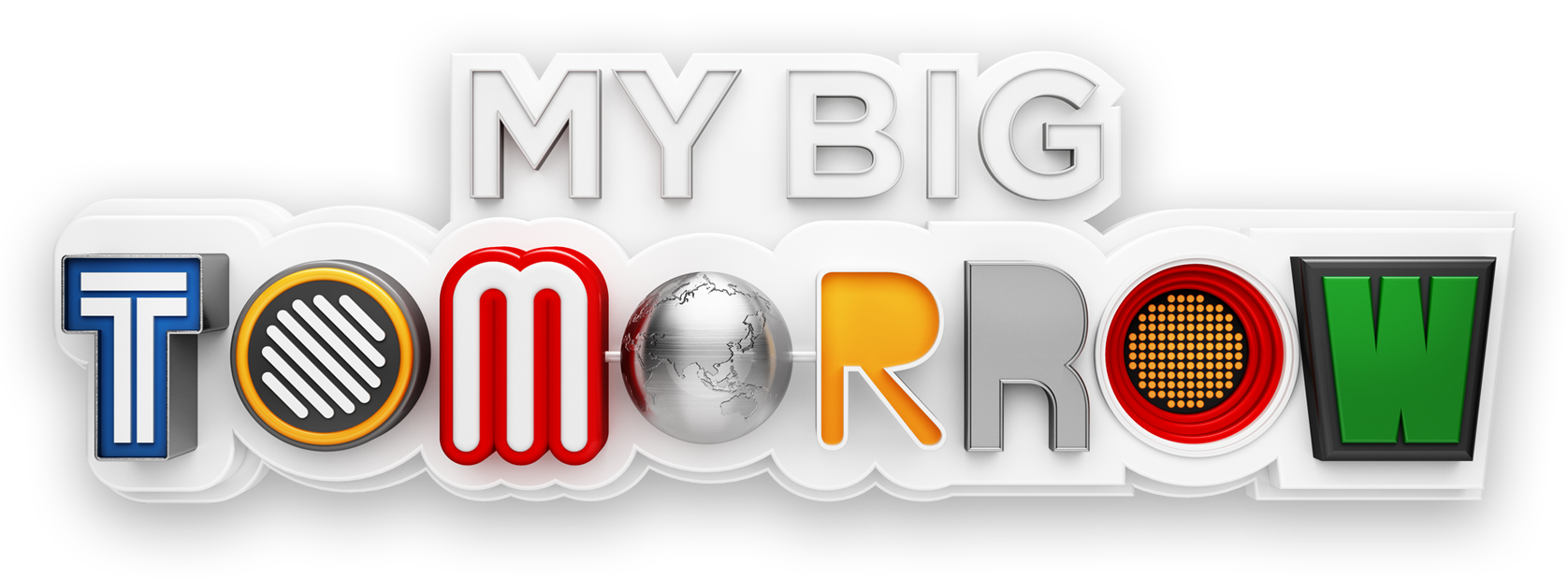
Science Journalist
As a science journalist you will be reporting on some of the latest discoveries or advancements in science. This might involve writing for a newspaper or magazine, talking on radio or reporting on a television program as a broadcast journalist.
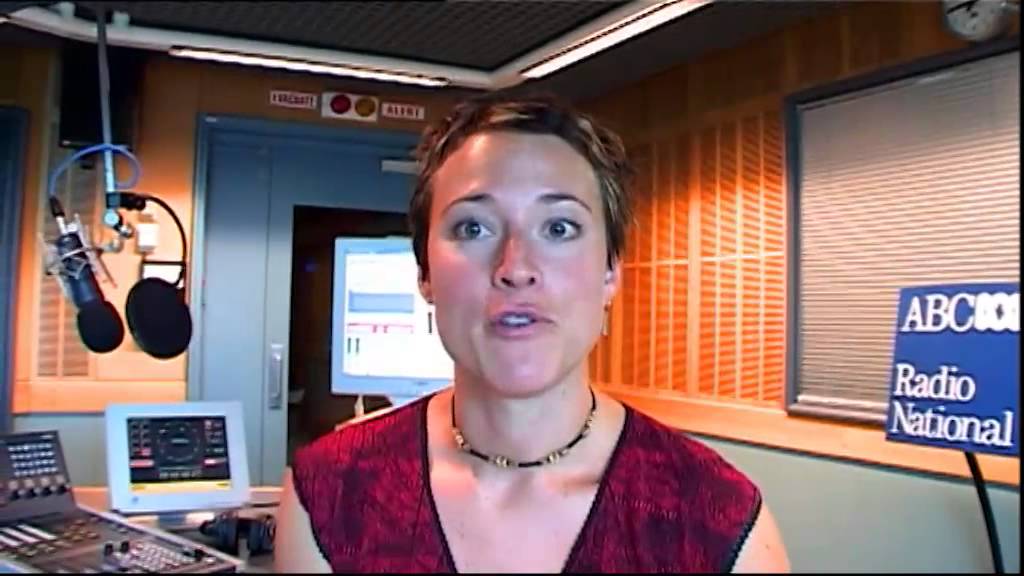

What the job looks like
Salary expectation
starts at $35,956 up to $71,416+

The good
- Meeting lots of different people and researching lots of different subjects
- Going to conferences
- Seeing your work published
- Helping explain science to the general public
- Potential to travel
The not so good
- Meeting deadlines
You have a big job researching science stories, talking with people, analysing data and presenting the information in a way that is easily understood by the public. You may be writing for an online newsletter, print magazine or doing a radio or television broadcast so you need to be familiar across all the different media forms.
Most of a journalist’s time is spent talking to people to get information about a story either over the phone or face to face and working to short deadlines. You might come up with your own idea for a story or you might follow up information sent to you in a media release.
Being a journalist requires an excellent understanding of English and grammar. Your job is to communicate information accurately and concisely. Spelling and facts need to be correct otherwise your credibility as a reliable journalist could be damaged.
Having strong skills in mathematics will also be useful to understand scientific concepts or to interpret graphs and data. Lots of stories often come from data results so you need to understand them and accurately report on them.
If you enjoy writing and learning new things, then a career as a science journalist could be for you.
It’s my dream job, I love finding out about the things I’m researching.
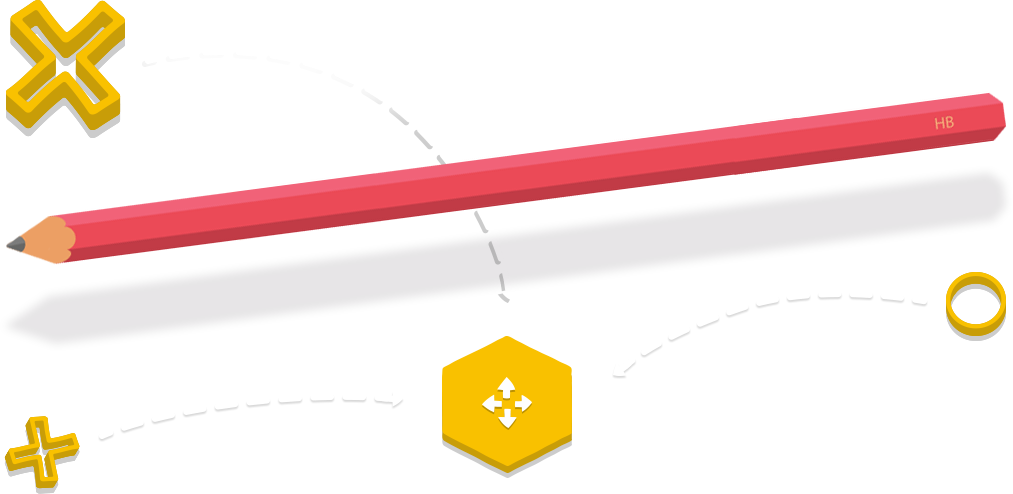
Pathways to this career
Subject suggestions for the HSC
Choosing your HSC subjects from this list could really help with your career. Think carefully about what you want to study after school as you might need to choose specific HSC subjects for that course and to count towards your ATAR (Australian Tertiary Admission Rank). An ATAR is your academic rank in relation to other HSC students and helps with University admission.
HSC subjects
Some subjects will count towards your ATAR, others will not. Check with your career advisor before making subject selections.
- English (Advanced or higher)
- Mathematics (2 unit or higher)
- Biology
- Chemistry
- Physics
What can I do after I have finished school?
University degrees
Studying one of these degrees can help with your career.
- Bachelor of Communication
- Bachelor of Arts
Courses and qualifications
Courses and qualifications can give you a great start.
- Diploma of Screen and Media
- Certificate III in Media
Suggestions
Check out Catalyst for more information
- Stay current with science news - watch the evening news and science-specific shows on the ABC
- Start getting some experience - Ask to volunteer with your local paper, radio or television stations, this will build your skills and also your contacts
- Enter any writing competitions that you come across
- Go to career expos and events like university Open Days for information about what you will study
